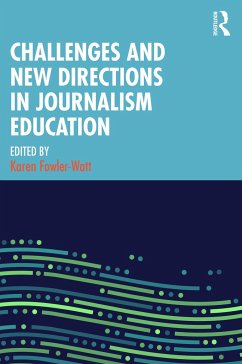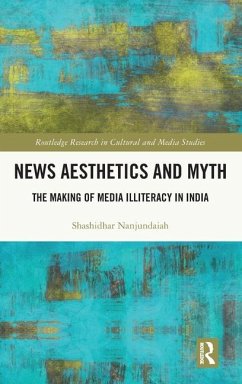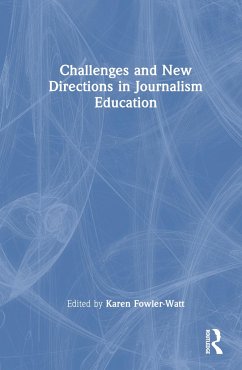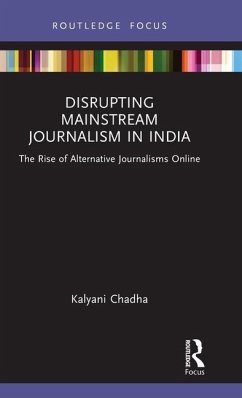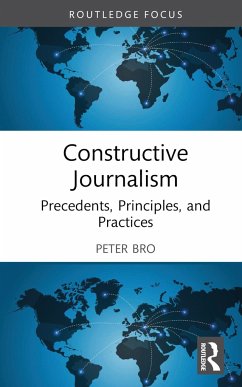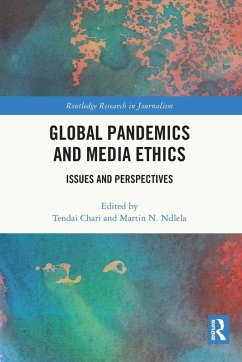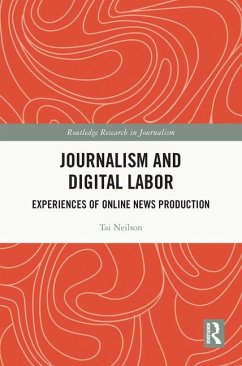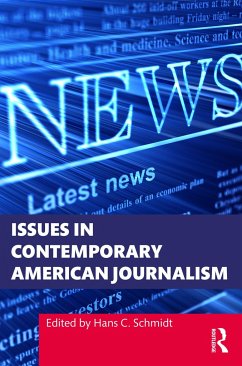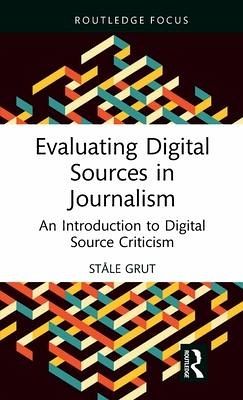
Evaluating Digital Sources in Journalism
An Introduction to Digital Source Criticism
Übersetzung: Oatley, Diane
Versandkostenfrei!
Versandfertig in 6-10 Tagen
56,99 €
inkl. MwSt.
Weitere Ausgaben:

PAYBACK Punkte
28 °P sammeln!
Building on a rich journalistic tradition of critical source analysis, this book considers the impact of the move from analogue to digital sources on information quality and presents methods and tools to verify information found online and help counter the spread of misinformation.Evaluating Digital Sources in Journalism critically maps the prevalence of online manipulation, particularly images and videos from social media platforms, and considers the tools needed both to carry out and to counter this. Strategies are proposed to help readers evaluate content, context and sources, and ultimatel...
Building on a rich journalistic tradition of critical source analysis, this book considers the impact of the move from analogue to digital sources on information quality and presents methods and tools to verify information found online and help counter the spread of misinformation.
Evaluating Digital Sources in Journalism critically maps the prevalence of online manipulation, particularly images and videos from social media platforms, and considers the tools needed both to carry out and to counter this. Strategies are proposed to help readers evaluate content, context and sources, and ultimately build a foundation for carrying out their own online open-source investigations. The author brings together theories and best practices from a broad range of literature, including modern Scandinavian research on the concept of "source criticism", journalism and technology studies, advanced forensic verification research, and literature designed for practitioners, including blogs and industry publications.
Evaluating Digital Sources in Journalism is recommended reading for advanced journalism students and journalism practitioners.
Evaluating Digital Sources in Journalism critically maps the prevalence of online manipulation, particularly images and videos from social media platforms, and considers the tools needed both to carry out and to counter this. Strategies are proposed to help readers evaluate content, context and sources, and ultimately build a foundation for carrying out their own online open-source investigations. The author brings together theories and best practices from a broad range of literature, including modern Scandinavian research on the concept of "source criticism", journalism and technology studies, advanced forensic verification research, and literature designed for practitioners, including blogs and industry publications.
Evaluating Digital Sources in Journalism is recommended reading for advanced journalism students and journalism practitioners.





